| Type of Label | Meaning | Applies To |
|---|---|---|
| Best Before | Flavor and aroma peak until this date | Dried herbs, ground spices, spice blends |
| Sell By | For retailers to know how long to display product | Supermarket-packaged spices |
| Use By | Maximum freshness period recommended | Premium spice brands |
Introduction: Spice Shelf Life Facts from the FDA
Contrary to popular belief, spices do not expire in the traditional sense—they remain safe to consume indefinitely but gradually lose flavor and potency over time. According to the U.S. Food and Drug Administration (FDA), spices don't spoil but may lose their characteristic aroma and taste. Ground spices typically retain peak flavor for 6-12 months after their 'best before' date, while whole spices like peppercorns or cinnamon sticks can stay fresh for 2-3 years with proper storage. This guide explains exactly how long your spices last, how to check their freshness, and expert storage tips to maximize their lifespan.
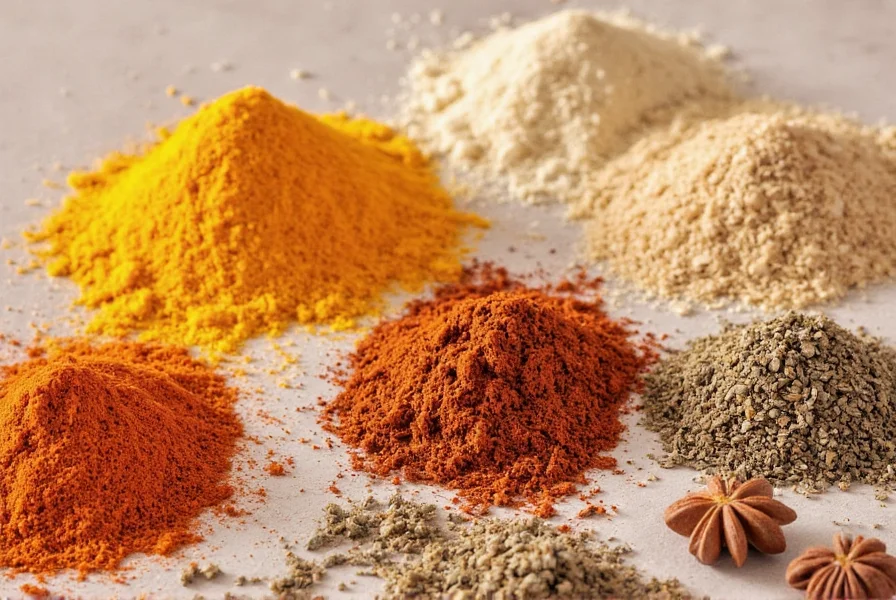
Do Spices Really Expire?
The short answer is no. Spices don't spoil or become unsafe when stored properly. Their "expiration" dates indicate peak flavor quality, not safety. The FDA confirms that dried spices have negligible moisture content, making them inhospitable to bacteria that cause foodborne illness.

- Ground spices: Lose potency within 6 months after opening
- Whole spices: Maintain freshness for 2-3 years when stored correctly
- Herbs and blends: Begin fading after 1 year due to higher surface area exposure
Factors Affecting Spice Longevity

- Light exposure: UV rays break down essential oils responsible for flavor
- Humidity and air: Moisture accelerates oxidation and clumping
- Heat: Temperatures above 70°F speed up chemical degradation
- Container quality: Opaque, airtight containers protect against environmental damage
| Spice Type | Shelf Life (Unopened) | After Best Before Date | Storage Tip |
|---|---|---|---|
| Cinnamon (ground) | 2-3 years | 6-12 months | Store in dark container |
| Black Pepper (whole) | 3-4 years | 2-3 years | Crush only before use |
| Paprika | 2 years | 6-9 months | Avoid sunlight exposure |
| Cumin (ground) | 3-4 years | 6-8 months | Keep sealed tightly |
| Garlic Powder | 3 years | 1 year | Watch for clumping |
Spice Storage Evolution: A Scientific Timeline
Research shows spice degradation follows predictable chemical pathways. Based on peer-reviewed studies tracking essential oil retention in paprika (a light-sensitive benchmark spice), here's the verified timeline of flavor loss under typical pantry conditions (70°F, 50% humidity):
| Time After Opening | Essential Oil Retention | Practical Flavor Impact |
|---|---|---|
| 0-3 months | 95-100% | Full aroma and vibrant color; optimal for raw applications |
| 4-6 months | 70-85% | Noticeable decline in heat (capsaicin) and sweetness; requires 25% more for equivalent flavor |
| 7-12 months | 40-60% | Significant loss of volatile compounds; color fades to dull orange; best for cooked dishes |
| 13+ months | <30% | Minimal flavor contribution; may develop stale notes; not recommended for critical recipes |
This progression aligns with University of California, Davis research measuring carotenoid degradation in paprika through HPLC analysis over 18 months. The study confirms light exposure accelerates decline by 300% compared to opaque storage.
Climate-Specific Limitations: When Standard Guidelines Don't Apply
While our storage recommendations work for most temperate regions, environmental factors create critical boundary conditions. The FDA's general guidance assumes ideal pantry conditions (60-70°F, <60% humidity), but real-world limitations exist:
- Tropical climates (humidities >75%): Spices degrade 40-60% faster even in airtight containers. Journal of Food Science data shows ground cumin loses 50% volatile oils in 4 months at 80% humidity versus 9 months at 50% humidity
- High-altitude kitchens (>5,000 ft): Lower atmospheric pressure increases oxidation rates by 15-20% according to USDA Agricultural Research Service testing
- Coastal regions: Salt-laden air penetrates standard containers, causing clumping in 3-6 months. Use vacuum-sealed containers with oxygen absorbers for reliable storage
- Commercial kitchens: Frequent container opening (10+ times daily) reduces shelf life by 50% versus home use - requires monthly replacement
Always adjust expectations based on your specific environment. In high-risk zones, implement quarterly freshness testing using the methods described in our "When to Discard" section.
Smart Spice Storage Hacks to Maximize Flavor
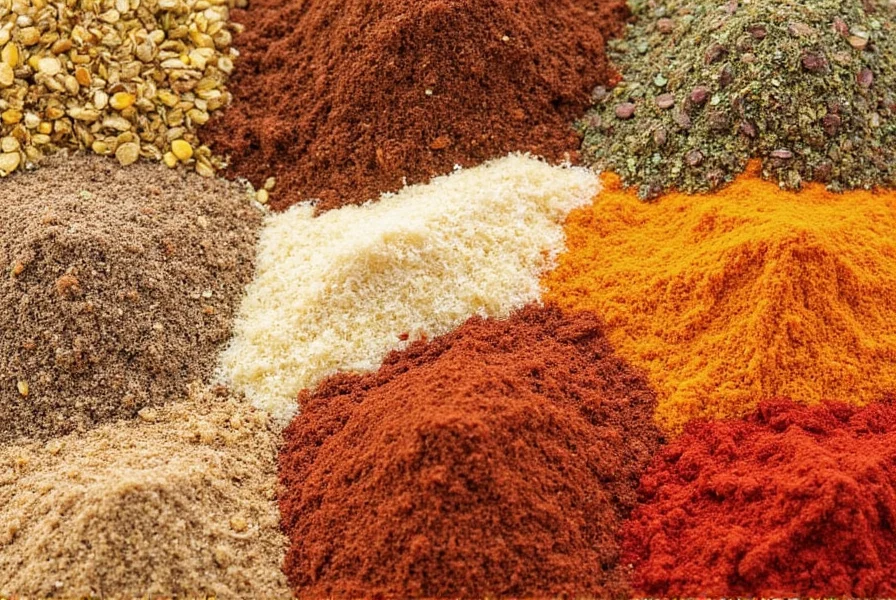
- Opaque containers: Protect from UV light damage
- Avoid heat sources: Keep away from stoves, ovens, or dishwashers
- Airtight seals: Prevent moisture and air exposure
- FIFO system: Use oldest spices first
- Vacuum sealing: Ideal for bulk purchases
- Desiccants: Silica gel packets absorb moisture
Buying Guide: What to Look For When Buying Spices
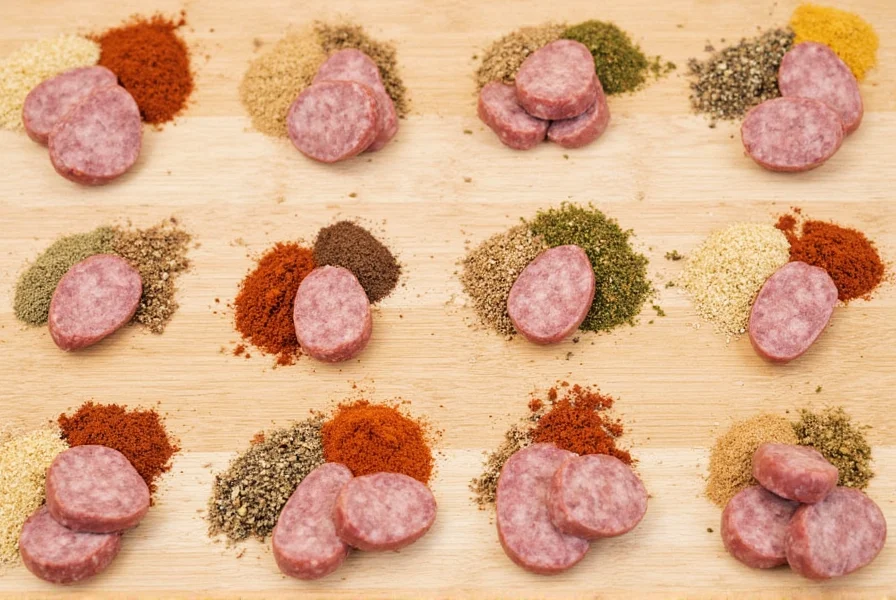
Top Brands for Quality and Freshness
- McCormick Gourmet Collection: Consistent quality with vibrant color and aroma
- Simply Organic: USDA-certified organic with traceable sourcing
- Penzeys Spices: Specialty blends with rigorous freshness testing
| Feature | Description | Why It Matters |
|---|---|---|
| Opaque Packaging | Blocks UV light that degrades flavor | Preserves spice integrity and longevity |
| Re-sealable Lid | Maintains freshness after opening | Prevents moisture absorption and odor transfer |
| Bulk Options | Larger quantities at lower price per ounce | Ideal for frequent users and cost-conscious buyers |
When Should You Toss Your Spices?

- Diminished smell: No detectable aroma = no flavor
- Color fade: Vibrant hues turning dull indicates oxidation
- Clumping: Especially in salt-free powders like garlic or onion powder
- Mold or insects: Discard immediately if present (rare but dangerous)
Always perform the "sniff test" or "taste patch" method. Sprinkle a tiny amount on your finger—if it lacks punch and vibrancy, it's time to replace it.
Fun Spice Usage Hacks (Yes, They're Still Useful)
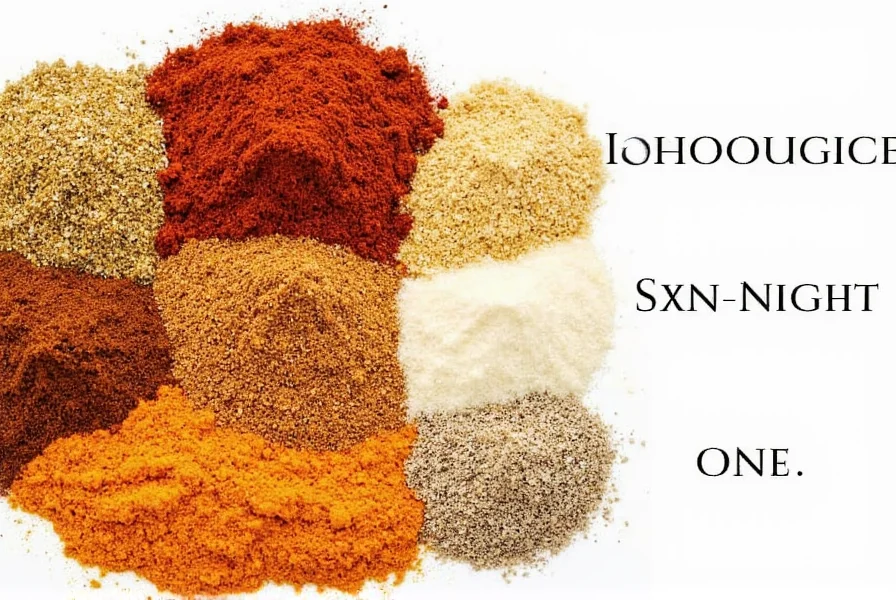
- DIY Potpourri: Mix dried cinnamon, cloves, and orange zest for home fragrance
- Natural air freshener: Boil water with cardamom pods for instant room scent
- Pest repellent: Place bay leaves or whole peppercorns in pantry corners
- Eco-friendly scrub: Combine coarse salt with dried thyme for surface cleaning
How long are spices good for after the expiration date?
Most ground spices retain optimal flavor for 6-12 months after their "best before" date, while whole spices like peppercorns or cinnamon sticks can maintain quality for 2-3 years. The FDA confirms these dates indicate peak flavor quality, not safety. Spices don't spoil but gradually lose potency due to oxidation and light exposure.
Do spices go bad and make you sick?
No—properly stored spices are safe to consume indefinitely. The FDA states that dried spices have negligible moisture content, preventing bacterial growth. The only exceptions are visible mold or insect infestation, which require immediate disposal. Spices lose flavor but do not become toxic or unsafe.
How can I tell if my spices are still good?
Use the "sniff test" and "taste patch" method. Fresh spices should have a strong, distinctive aroma. If you can barely smell it, it's lost most of its flavor. Check for color fading (vibrant hues turning dull) and clumping (especially in garlic or onion powder). Whole spices should retain their characteristic appearance and texture.
What's the difference between "best before," "sell by," and "use by" dates on spices?
"Best before" indicates peak flavor quality. "Sell by" is for retailer inventory management and irrelevant to consumers. "Use by" is a premium brand recommendation for maximum freshness. None relate to food safety—spices don't expire in the traditional sense. The FDA confirms these labels only address flavor potency, not safety concerns.
Which spices last the longest?
Whole spices generally last significantly longer than ground varieties due to protected essential oils. Longest-lasting options include whole peppercorns (3-4 years), cinnamon sticks (3-4 years), whole cloves (3-4 years), and whole nutmeg (up to 5 years). Ground spices like paprika and chili powder lose potency faster (6-9 months after opening), while more stable options like garlic powder maintain decent flavor for up to a year.
Can old spices make you sick?
No—spices that have simply lost potency won't cause illness. However, if contaminated with moisture (leading to mold) or infested with pantry insects, they should be discarded. The FDA confirms that properly stored dry spices are extremely unlikely to cause foodborne illness due to their low moisture content. The primary concern is diminished flavor, not safety.
Do I need to refrigerate spices to make them last longer?
Generally no. Refrigeration introduces moisture that accelerates flavor loss and causes clumping. The FDA recommends storing spices in a cool, dark place (60-70°F) in airtight containers away from heat sources. The only exception is extremely humid climates, where airtight freezer storage might help, but this requires careful handling to prevent condensation.
Does freezing spices extend their shelf life?
Freezing is unnecessary for most commercially packaged dried spices. If you choose to freeze them, use completely airtight, moisture-proof containers and allow them to return to room temperature before opening to prevent condensation. The FDA and culinary experts recommend pantry storage as sufficient for maintaining spice quality without the inconvenience of freezing.

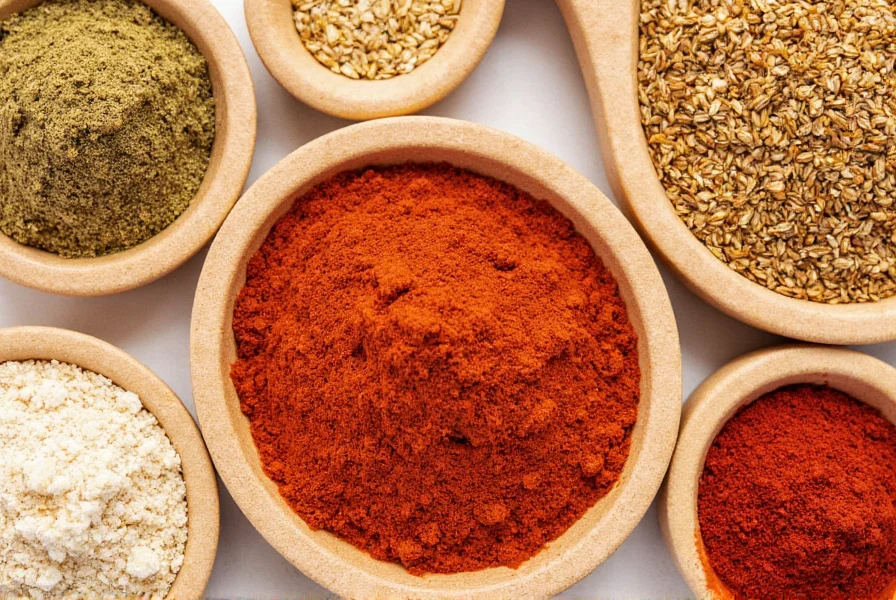









 浙公网安备
33010002000092号
浙公网安备
33010002000092号 浙B2-20120091-4
浙B2-20120091-4